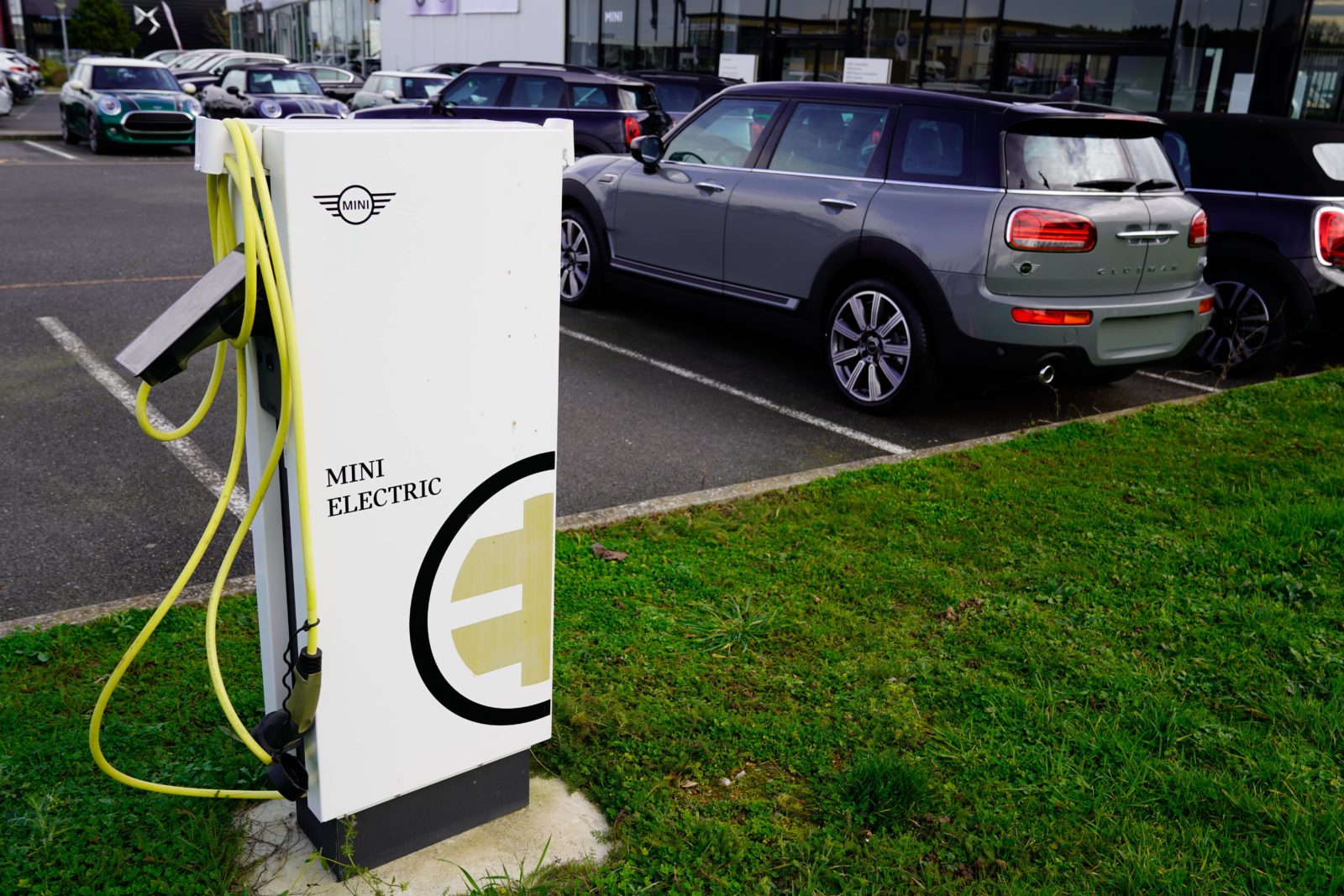By looking at the number of publicly available electric car charging points in every town and city, as well as the number of electric car drivers in those areas, MINI’s latest report highlights where the UK’s electric vehicle market is strongest, where its growing the fastest, and how this is shaping government legislation, alongside growth projections from 2022 onwards.
The report highlights that progress is moving in the right direction. The UK’s electric vehicle charging infrastructure is improving year on year, from 15,116 charging stations in October 2019 to 25,927 in October 2021 – that’s a 72% increase and one which MINI predict will continue to grow by 24% in 2022.
In order to stay on track with the EU’s Green Deal, which aims for Europe to become carbon neutral by 2050, the UK will need to install 500,000 charge points nationwide by 2030. MINI forecasts that 85% of UK cities, 101 out of 120, will meet their individual charge point targets.
Milton Keynes is the electric car capital of the UK
MINI created an index revealing which cities are the best for electric car owners. Cities were scored on multiple factors, including the number of charge points per population and city area, as well as the number of registered EVs, out of a total score of 120.
The index reveals that Milton Keynes is the best city in the UK to own an electric car with the highest number of charge points (372, including 123 rapid charge points) per 100,000 in our report, which works out at about 21.1 points per square mile. London follows with 100.3, and then Leeds with 95.
Top 10 Best Locations for EV Drivers
| Town | Total charge devices | per 100,000 population | Rapid devices | per 100,000 population | per m2 | Registered BEVs | Registered PHEVs | Search Volume | Final Score |
| Milton Keynes | 372 | 137.7 | 123 | 45.5 | 7 | 13759 | 7702 | 390 | 104 |
| London | 7865 | 87.4 | 692 | 7.7 | 1.4 | 33285 | 28940 | 12100 | 100.3 |
| Leeds | 289 | 36.2 | 69 | 8.6 | 1.6 | 10634 | 9570 | 1000 | 95.1 |
| Coventry | 481 | 126.8 | 45 | 11.9 | 1.6 | 791 | 469 | 590 | 93.9 |
| Bedford | 102 | 58.4 | 22 | 12.6 | 2.8 | 897 | 646 | 480 | 92.3 |
| Slough | 68 | 45.5 | 31 | 20.7 | 3 | 11081 | 12569 | 260 | 91.2 |
| Nottingham | 151 | 44.8 | 48 | 14.2 | 2 | 696 | 396 | 590 | 89.1 |
| High Wycombe | 165 | 30.2 | 33 | 6 | 3.3 | 3,308 | 2,344 | 260 | 88.1 |
| East Kilbride | 148 | 46.1 | 45 | 14 | 4.8 | 676 | 477 | 70 | 83.6 |
Data taken from October 21, 2021 Q2 and Dec 2021
Stevenage offers the least to electric car owners with a score of 6.6, followed by Hartlepool and Harlow.
Scotland, High Wycombe and Coventry are leading EV hubs across the UK
The data paints a wider picture of the UK. Scotland has the highest adoption of electric cars of any UK country, though charge points in Wales grew by 88%. London has the biggest electric car usage of any major city, but Coventry has the most charge points for a city outside of London. The location with the highest number of ULEV registrations is High Wycombe. When it comes to our towns, Barnsley is expected to see the largest increase (55%) in charge devices in 2022, and Salford is expected to see the largest decrease in devices by -10%.
Cost of charging and mileage range are the biggest EV barriers for young people
ULEV ownership amongst young people remains low. As part of their report, MINI also surveyed 1000 Brits aged 18-30 to better understand young people’s views on electric vehicles (EVs). Whilst almost half (46%) said they would own an EV if there were no barriers to purchase, the survey revealed that just 3% of those aged 18-30 own a ULEV at present.
The biggest barriers to ownership are cost and range. Over half of respondents (57%) said they were worried about the cost of charging electric cars, and concern remains high for the range of mileage they currently provide (52%).
Two in five (43%) said that they are worried about the availability of public charging point devices and that EVs are simply too expensive to buy (41%).
Whilst almost three-quarters (71%) of those surveyed are aware of the government’s plans to stop the sale of new diesel and petrol cars from 2030, an equal majority (72%) were not aware of the eight Government grants and initiatives that are in place to help them switch.
According to the data conducted by MINI, the UK is predicted to miss the 2030 deadline by 240,000 charging points. Assuming the rate of growth continues at a YoY average of 29%, the UK won’t hit its target until 2033.
Federico Izzo, Director for MINI UK & Ireland said: “It’s encouraging to see the overall findings of the Electric Progress Report are positive and show that the UK is making nationwide strides to support electric mobility and a greener future. MINI is committed to a more sustainable future and will be the first BMW Group brand to become fully electric by the early 2030s.”









Leave a Reply
View Comments